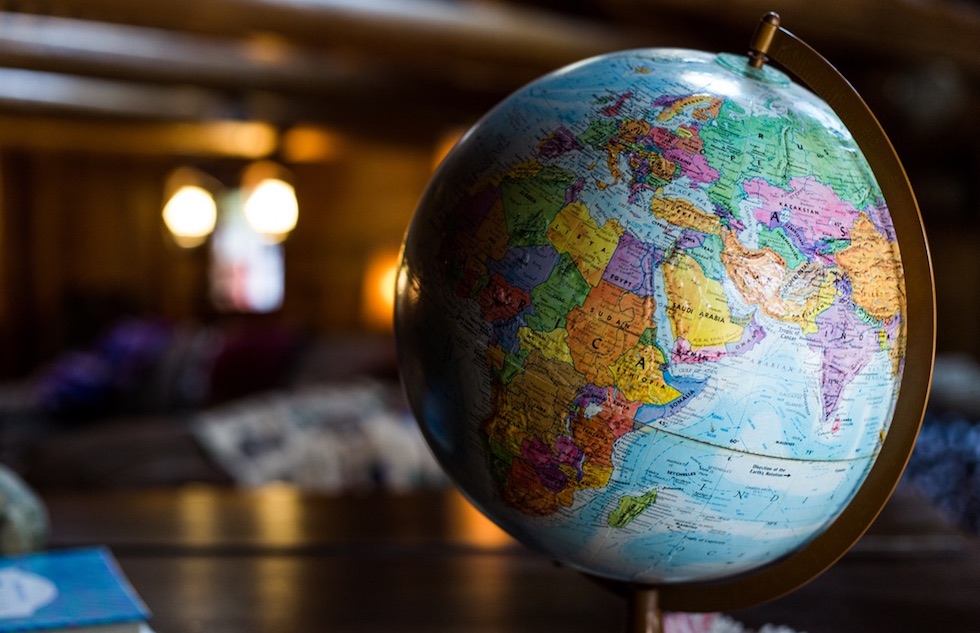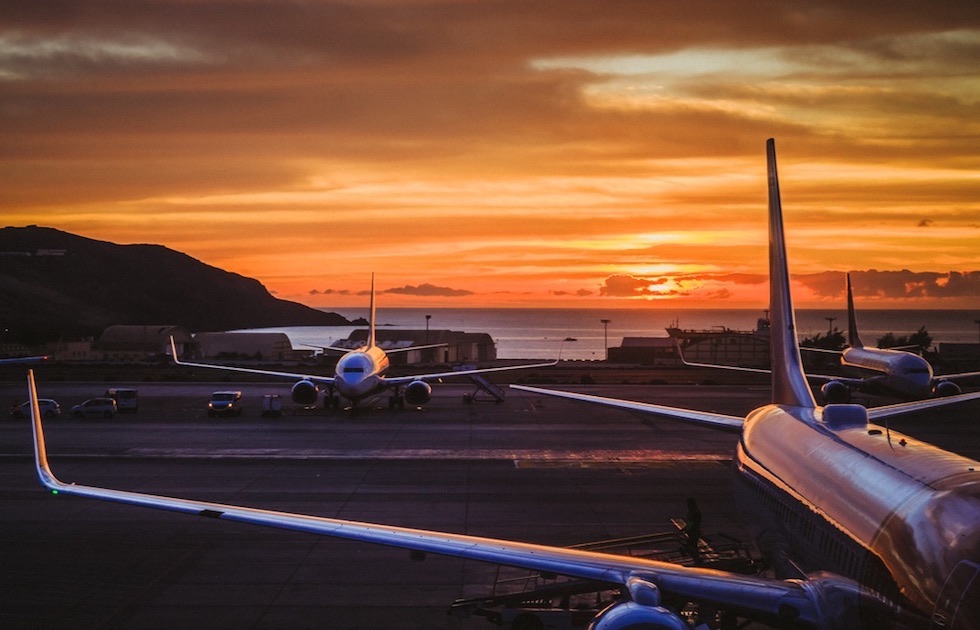In my last blog post, I explained how our internal 24-hour clock tells us when to sleep and wake up.
When we travel across time zones our sleep patterns can become misaligned.
This is because our internal clock adjusts at a much slower rate – about 1 hour per day. For example, if the difference between time zones is 7 hours it could take a week for your body to catch up.
Further, if the time zone change involves going from day to night or vice versa it can negatively impact your wellbeing for weeks.

Long distance travel can mess up your sleep patterns for weeks.
Travel, along with our fast-paced digital lifestyles, has led to large numbers of people becoming sleep deprived.
To make matters worse we’ve become desensitised to the problem – not getting enough sleep has become the new normal.
The problem with this is when we sleep our body carries out vital processes that help us to fight off disease and perform the next day.
If you’ve ever had poor sleep – or worse no sleep – when travelling then you know how debilitating this can be. Routine tasks become a burden and small challenges can seem insurmountable.
And whether you’re travelling for work or play, I’m sure you don’t want to be feeling wiped out and irritable every day!

Tips for Travel
Here are some things you can do to sleep better on your next trip for work or play:
1. Allow sufficient recovery time upon arrival – at least one day, more if your schedule allows.
2. Start realigning your sleep by 1 hour each night 3 days before travel. Continue to gradually adjust at your destination.
3. Try to get some quality sleep in transit. Comfortable ear plugs and an eye mask may help.
4. Stay hydrated, eat nutritious food and be active every day. This will help your body recover faster.
5. Minimise your intake of alcohol to reduce the chance of waking up before you’ve had enough rest.
6. Align your routine to the next time zone, except on short trips when it’s easier to maintain your normal routine.
Prioritise sleep when travelling so that you can work and play at your best.
Also from Positive Legacies:
Are You a Sleep Deprived Shift Worker?
Can’t Start Your Day Without Caffeine?
Positive Leadership Practices


